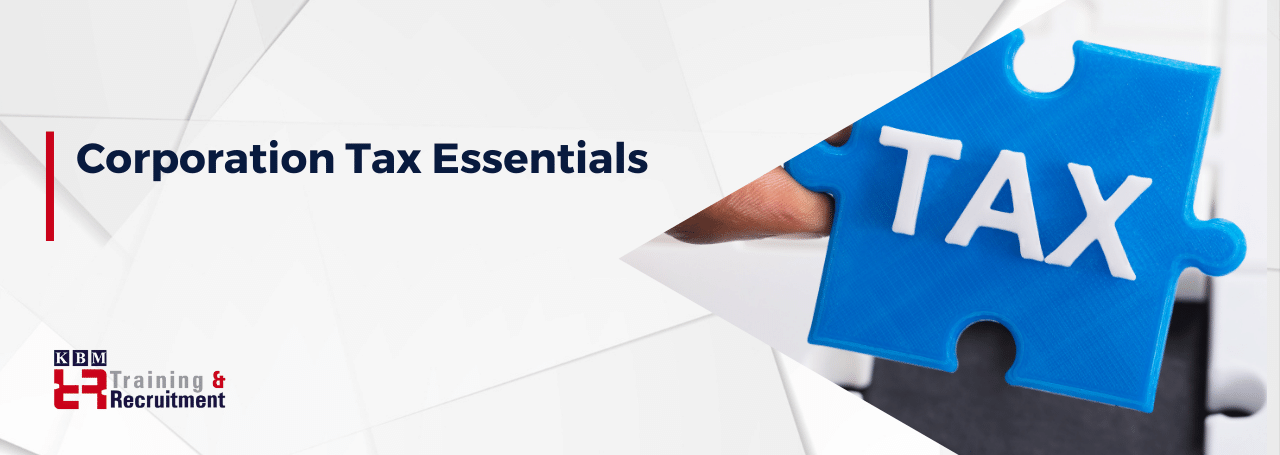Corporation Tax is a critical aspect of business taxation in the United Kingdom. This guide provides a comprehensive overview of Corporation Tax, covering its importance, calculation methods, compliance requirements, optimisation strategies, recent developments, and common challenges businesses face.
Understanding Corporation Tax
Corporation Tax is a crucial component of business taxation in the UK, applicable to the profits of both UK-resident companies and foreign companies with permanent operations in the UK. It encompasses various profits, including trading profits, investment income, and capital gains. Grasping the basics of Corporation Tax is not just beneficial, but essential for businesses to adhere to tax regulations and optimize their tax liabilities.
Calculation of Corporation Tax
Calculating Corporation Tax involves several elements, including taxable profits, allowable deductions, reliefs, and tax rates. Taxable profits are determined based on the company's accounting profits and adjusted for tax purposes.Permissible deductions include expenses incurred wholly and exclusively for business purposes, capital allowances, and certain reliefs and exemptions. The present Corporation Tax rate in the UK is 19%, subject to adjustments and reliefs for small businesses and exceptional circumstances.
Compliance with Corporation Tax Regulations
Compliance with Corporation Tax regulations is crucial to avoid penalties, fines, and legal issues. Essential compliance requirements include:
- filing annual Corporation Tax returns with HM Revenue and Customs (HMRC)
- maintaining accurate accounting records
- calculating taxable profits correctly, and
- paying Corporation Tax on time
Businesses must also adhere to transfer pricing rules, anti-avoidance measures, and disclosure requirements to ensure transparency and compliance with tax laws.
Optimisation Strategies for Corporation Tax
Businesses can employ a range of strategies to optimise their Corporation Tax liabilities and manage their tax affairs effectively. These strategies, including:
- maximising allowable deductions
- utilising tax reliefs and incentives
- structuring transactions tax-efficiently
- managing capital allowances, and
- exploring international tax planning opportunities
These approaches offer a beacon of hope for businesses seeking to navigate the complex world of tax management. Collaboration with tax advisors and accountants can further enhance these strategies, providing businesses with tailored solutions for their tax needs.
Recent Developments in Corporation Tax
Corporation Tax regulations and policies are subject to ongoing developments and changes. Recent developments may include tax rate adjustments and threshold adjustments, tax relief and allowances updates, anti-avoidance measures enhancements, and digital tax initiatives such as Making Tax Digital (MTD) for Corporation Tax.Staying updated about these developments is essential for businesses to adapt their tax strategies and comply with evolving tax laws.
Common Challenges and Best Practices
Businesses often face challenges navigating complex tax laws, managing tax risks, and ensuring compliance with Corporation Tax regulations. Common challenges include:
- interpreting tax legislation
- addressing international tax complexities
- managing tax disputes and investigations, and
- controlling tax compliance costs
Implementing best practices in managing Corporation Tax is not just a good idea, it's a smart move. Conducting regular tax reviews, seeking professional tax advice, maintaining robust tax governance frameworks, and leveraging technology for tax management can significantly enhance a business's ability to effectively navigate the challenges of Corporation Tax.
Conclusion
Corporation Tax is a fundamental aspect of business taxation in the UK, requiring businesses to understand tax regulations, calculate tax liabilities accurately, comply with compliance requirements, and optimise tax strategies for sustainable tax management.By focusing on compliance, optimisation, staying updated on developments, and adopting best practices, businesses can navigate the complexities of Corporation Tax and contribute to their financial resilience and growth.






















